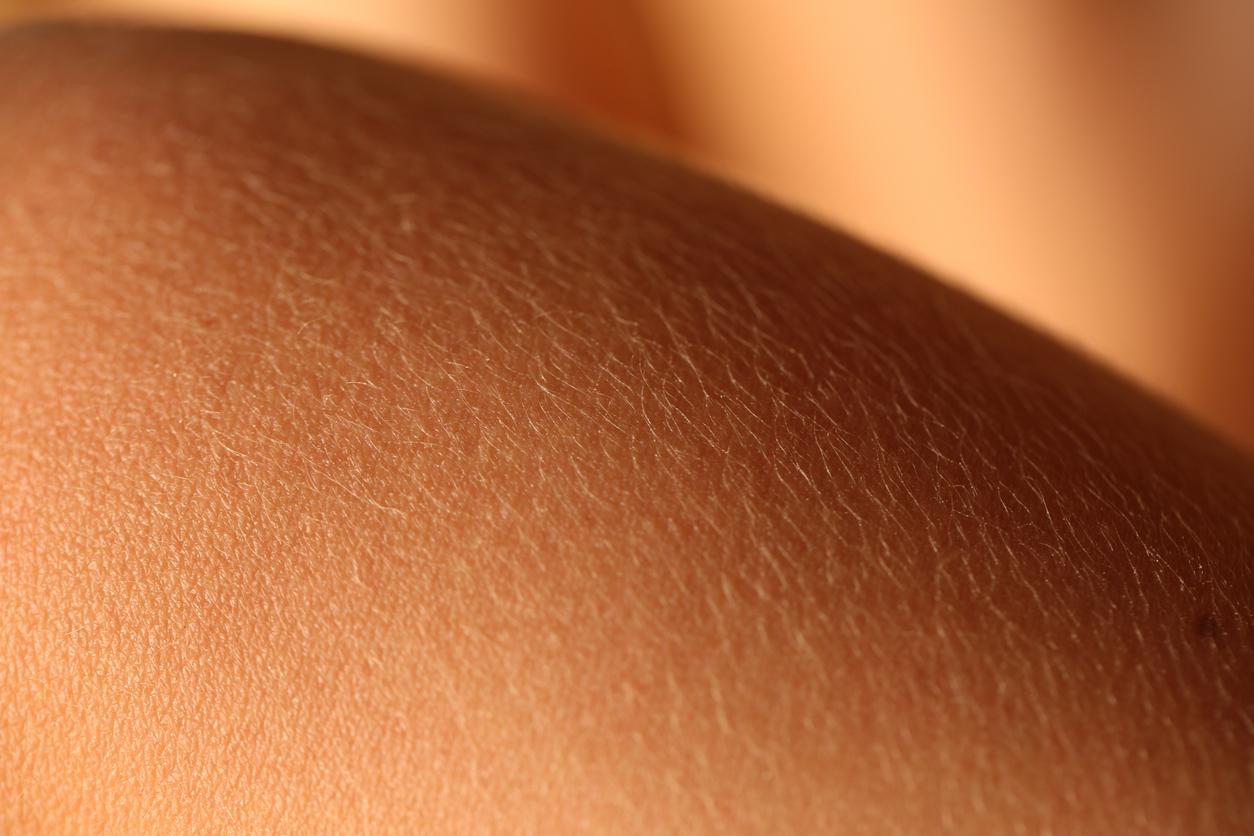A skin bacteria may be responsible for itching in inflammatory skin conditions like eczema and dermatitis, according to a study led by Harvard researchers.

- A Harvard team has shown for the first time that a skin bacteria can cause itching by activating nerve cells in the skin.
- The skin bacteria responsible is Staphylococcus aureus.
- The discovery could lead to new drugs to treat itching that occurs in inflammatory skin conditions like eczema and dermatitis.
If your skin itches, it could be the fault of Staphylococcus aureus. Harvard scientists Medical School showed for the first time that this common skin bacteria can cause itching by acting directly on nerve cells.
Their results were reported November 22 in the journal cell.
Itching: the bacteria Staphylococcus aureus plays a role
Until now, itching associated with skin conditions such as eczema and atopic dermatitis was thought to be a consequence of skin inflammation. The experiments, carried out on mice and human cells by the team of Harvardhighlight another mechanism behind this unpleasant sensation. They show that the bacteria S. aureus can cause itching alone by causing a molecular chain reaction that makes you want to scratch.
During their tests, the researchers have studied more precisely 10 enzymes, released by the bacteria S. aureus when it comes into contact with the skin. They thus discovered that the one called protease V8 was responsible for the itching. Additionally, skin samples from patients with atopic dermatitis also had higher levels of this enzyme. The analyzes revealed that the protease V8 activates a protein called PAR1, present in the nerve fibers of the skin, which sends signals to the brain and triggers the itch.
“THE Itching can be very debilitating in patients who suffer from chronic skin conditions. Many of these patients carry the very microbe on their skin that we first showed can cause itching.”explain Liwen Deng, first author of the study and a postdoctoral researcher in a communicated.

Itchy skin: towards a new treatment
Because protein PAR1 is involved in blood clotting, the researchers wanted to see if an anticoagulant drug, known to block this protein and prevent blood clots, could stop the itching. The test results were conclusive, showing that the treatment relieved symptoms and would minimize therefore the skin lesions.
For the team, their work is likely to help design new oral medications and topical creams to treat persistent itching that occurs with various conditions linked to an imbalance in the skin microbiome, such as atopic dermatitis, prurigo nodularis and psoriasis. Additional work will also need to be carried out to determine whether microbes other than S. aureus can trigger itching.















